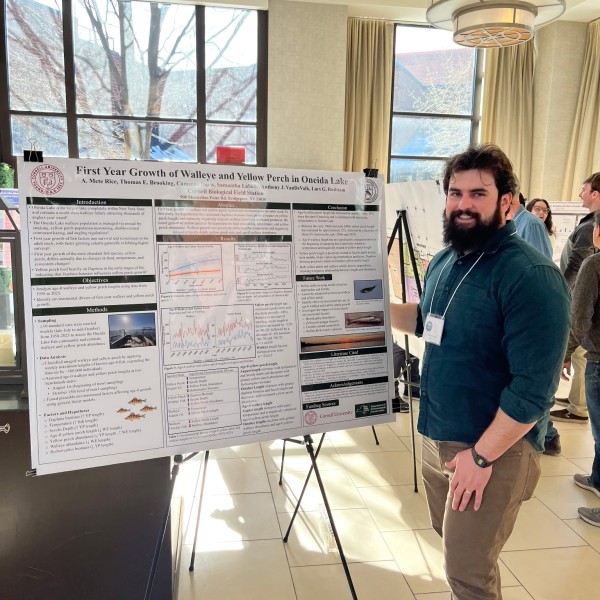Greg Woodworth ’94 and Kelly Coughlin ’93, Stony Brook’s owners, started with a cookie company in Boston, until an unexpected encounter – an invitation to help advise a butternut squash farm – changed the course of their business.
Martin Farms, a fifth-generation family farm in Brockport, New York, devotes 3,000 acres to growing butternut squash. They cut, dice and deseed, and sell the processed vegetable at many times the price a whole gourd would fetch. Being the largest producer of diced butternut squash in the Northeast has its drawbacks: What to do with 30 tons of seeds per year?
Woodworth and Coughlin were invited to meet Martin Farm representatives in 2006 by the Cornell Food Venture Center (CFVC), a Geneva-based center that informs and advises small food manufacturers about food-safety standards and regulations and provides tools, techniques and solutions for meeting those codes. Woodworth and Coughlin had already been working with the CFVC to make sure their cookies met food safety codes, and the center’s presence in Geneva was part of the reason they moved their mail-order cookie company from Boston to Geneva in 2006.
At the time, Martin Farms was looking for someone with a small-business manufacturing and culinary background to brainstorm about possibilities for processing their waste stream.
“We found we could expeller-press the seeds and actually get 20 percent oil out of butternut squash seed,” a very good yield by weight, Woodworth said. Grape seed gets 5 percent oil, and on the high end, sunflower yields up to 35 percent oil.






